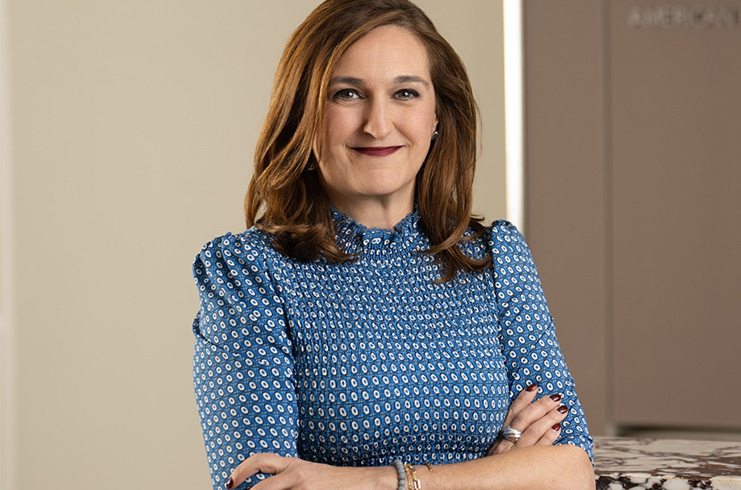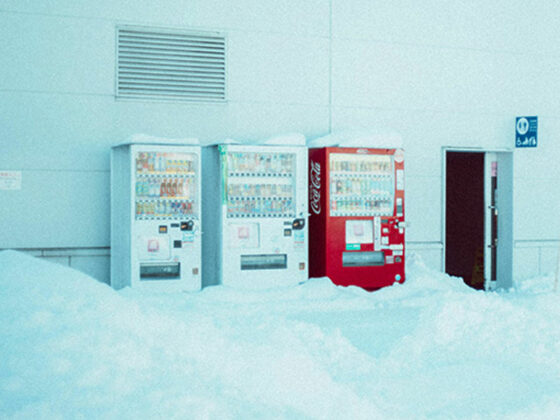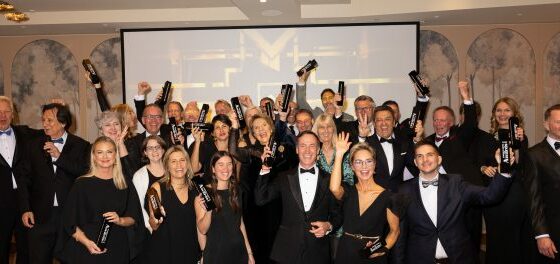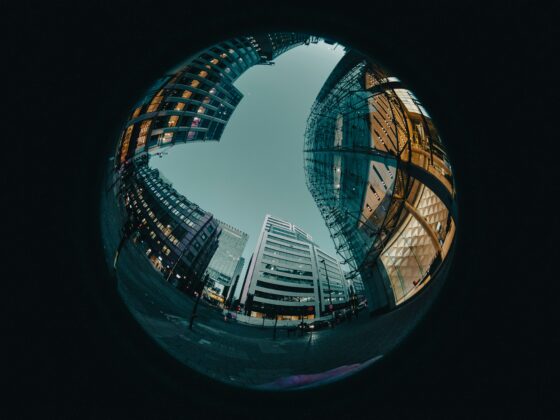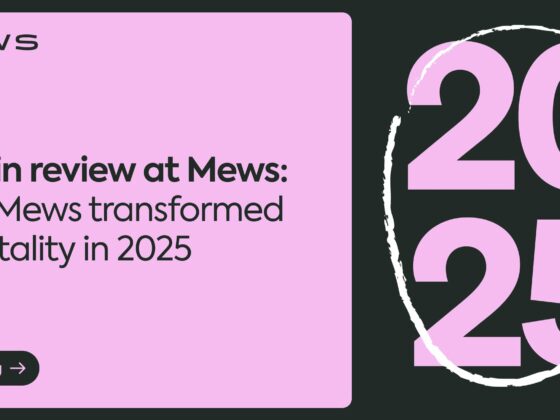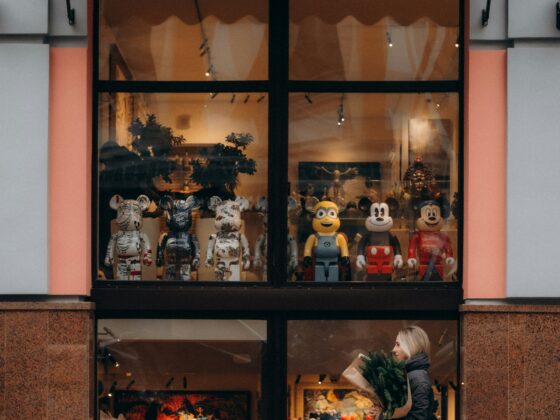The future of luxury isn’t global, it’s hyperlocal. Do you agree?
Luxury in Dubai is measured in carats and skyline views.
In London, it’s a whisper, not a shout.
Which one is true luxury?
–
When I lived in London. Luxury felt… quieter. Claridge’s, The Savoy, The Dorchester, The Connaught.
Hotels where the carpets are as thick as the history. Where service is polished but discreet, rituals are centuries old, and the brand equity isn’t built on scale, it’s built on lineage.
Both are luxury. But they speak two very different languages.
Then I when living in Dubai, “luxury” meant SCALE.
– The tallest buildings
– The most extravagant seven star hotel
– Vending machines of mini Moet by the pool
– More G-wagons than taxi’s
– Indoor ski slopes in the desert
– Private islands you can see from space.
It’s bold, unapologetic, and meticulously designed for a traveler who wants a statement, not just a stay. It also has to prove itself, as it doesn’t have the history or legacy as social proof.
–
The Insight:
Luxury isn’t universal, it’s cultural storytelling.
Each market writes its own definition of what “the best” feels like:
– Dubai: New-age glamour. Architectural spectacle. Experiences engineered for drama.
– London: Heritage prestige. Timeless rituals. Emotional connection to legacy.
– Tokyo: Precision, craft, and subtlety, a tea ceremony can feel more luxurious than a suite.
– Paris: Fashion and artistry, where style itself is the luxury.
– Bali/Thailand: Emotional generosity; service so personal it feels like family.
And this is what many brands miss: luxury is never one-size-fits-all.
–
Lessons for Leaders:
1. Luxury is a mirror, not a metric – Your definition must reflect local culture, not global assumptions.
2. Architect emotion, not just amenities – A $10,000 villa means nothing if the service feels generic.
3. Ritual builds equity – London hotels thrive because they’ve made traditions their brand assets.
4. Spectacle has its place – Dubai’s boldness appeals to a guest who values novelty, scale, and shareability.
5. Cultural fluency wins – Hospitality leaders who understand local psychology create brands that feel native, not imported.
–
Guests aren’t just buying rooms. They’re buying identity.
For some, luxury is a Bentley transfer and gold-plated cappuccino.
For others, it’s an afternoon tea served in the same silverware used for 100 years.
Neither is wrong. Both are powerful, if they resonate.
–
Final Thoughts:
The most successful luxury brands don’t define luxury for their guests.
They reflect back what luxury means to them, in their culture, in their moment, in their own language.
Because luxury isn’t global.
It’s deeply local.
And if your brand gets that right, you’ll feel truly “luxurious” to every guest, everywhere.
#LuxuryHospitality #GuestExperience #GlobalLuxury #HospitalityLeadership #CulturalStrategy #LuxuryDesign #BrandEquity

